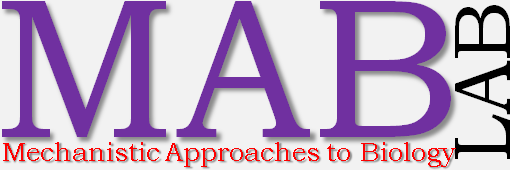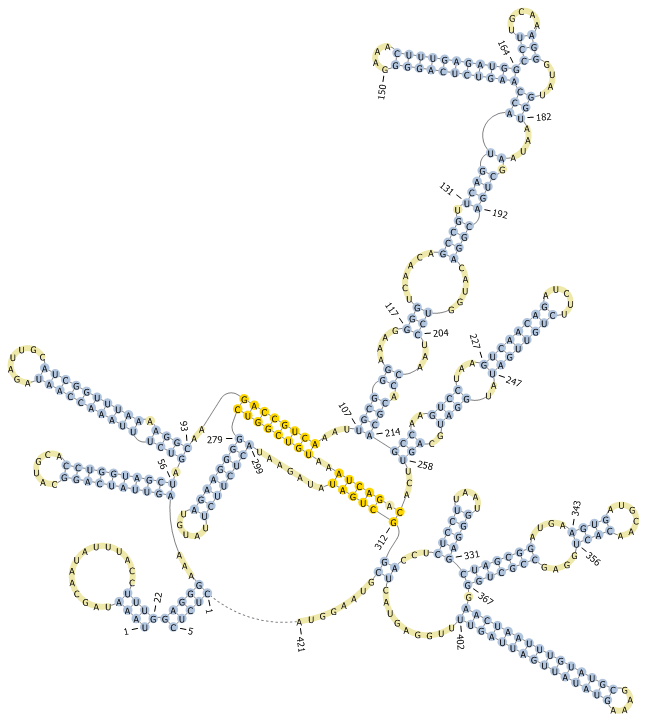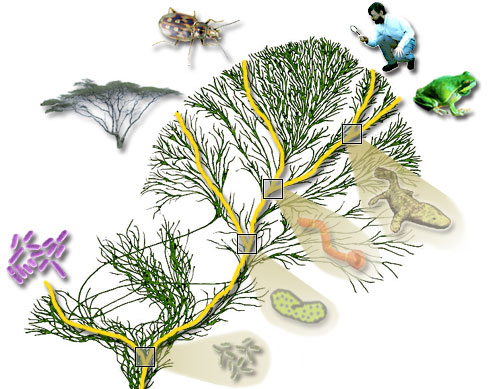 |
 |
Home Group Research Teaching Publication Contact |
|
RNA
Biology
In the famous molecular biology dogma, RNA was considered as "just" a passive intermediate in the information transfer pathway. However, one of the surprising revealations of post-genomic era is that the human genome with about 3 billion base pairs encodes only about 25000 open reading frames (ORF) that code for proteins. What is the function of the remaining so called "junk DNA" was elusive for a while. Only in the recent past, we are beginning to understand that many of these non (protein) coding DNA performs diverse functions at the RNA level. It is becoming increasingly clear that RNA is just not a passive carrier of genetic information, but a versatile molecule that functions in information storage (in retroviruses), catalysis (ribozyme) and regulation of gene expression (RNA interference) to name a few. Our interest in RNA Biology concerns with the mechanistic understanding of (i) CRISPR-Cas adaptive immune system (ii) Ribosome Assembly (iii) Riboswitch mediated gene regulation |
 Tetrahymena
Group I Intron depicts the complex structure adopted by RNA
|
 Source: Tree of Life Web Project
"Nothing in Biology Makes Sense Except in the Light of Evolution" -Theodosius Dobzhansky
|
Molecular
Evolution
Though
we have surpassed the celebration of 150 years of the master piece “The
origin of species” by Charles
Darwin, we are yet to understand the historic mutations that led to the
evolution of diversity
in molecular structure and function. This is partly because most of the
evidences including fossil records do not preserve information about
all the
intermediate stages in evolution. However, thanks to the emerging
fusion of
evolutionary biology and molecular biology coupled with improved
technologies,
it is now possible to resurrect the ancient genes inferred from
molecular
phylogenies in the laboratory. This new approach combines statistical
analyses
of gene sequences with manipulative molecular experiments to reveal how
ancient
mutations altered biochemical processes and produced novel phenotypes.
This
new possibility now offers ways and means to ask fundamental questions
in
evolutionary biology.
|
| Our research is supported by |

